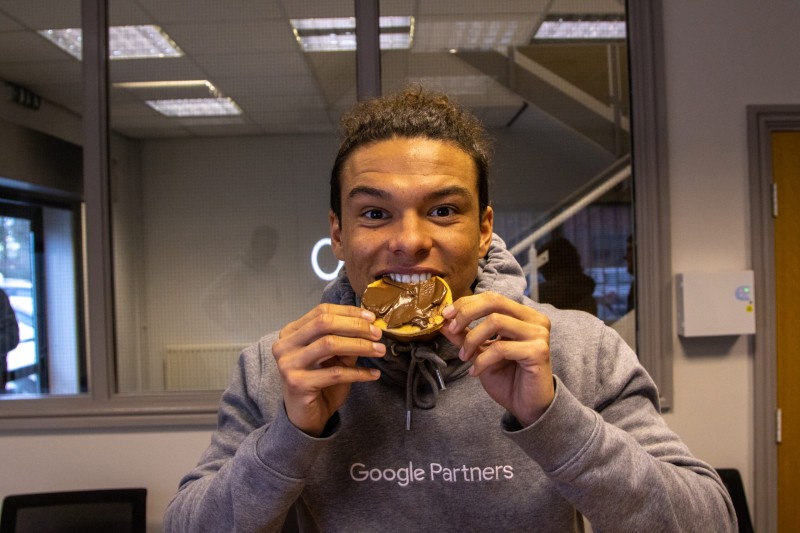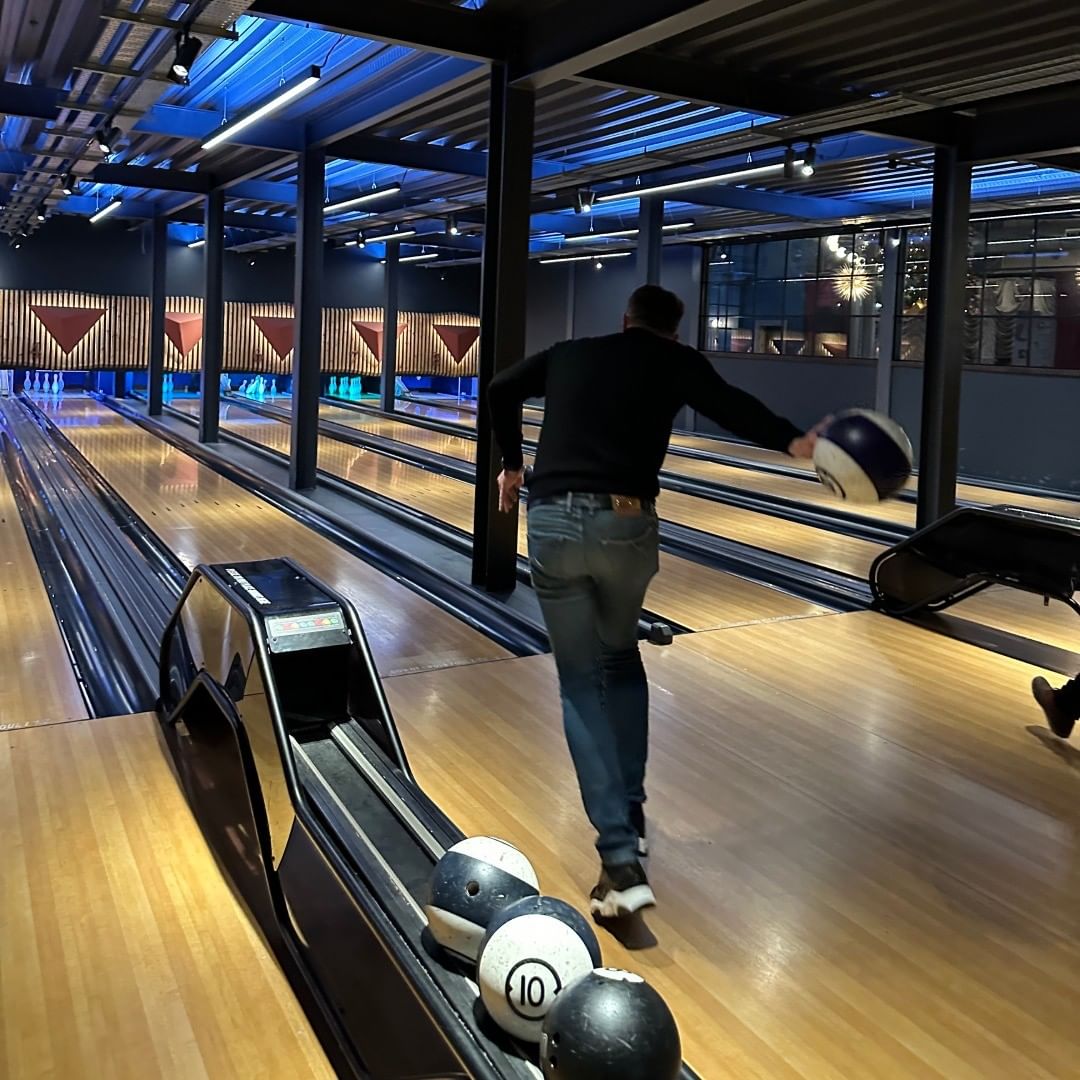This post has been updated on August 16 2021
If you’re new to SEO, it’s a bit of a daunting task going through blogs and forums to find out what’s new and trending in the business world.
It can be a bit overwhelming, so we’ve scoured the web for the latest updates for a selection of SEO tips to guarantee a successful business.
WANT TO ENHANCE YOUR BUSINESS’ SEO STRATEGY?
GET IN TOUCH TODAY FOR A FREE ASSESSMENT
Looking to improve your business model? Here are some quick SEO tips to get you started.
- Use multiple H1 Tags on a single page
Google has recently changed their instructions on the usage of H1 Tags, giving us all an opportunity to target more keywords in an ethical manner, through the use of more than H1 Tag per page.
Including H1 tags throughout a piece of text shows text structure, improves accessibility and improves SEO. Creating a user-friendly experience.
- The latest Google BERT update helps users find more accurate answers
This aims to understand the language used by Google users to produce relevant results. It helps users find more accurate and useful information in the result of their search query.
- Accelerated Mobile Pages (AMP) as a ranking factor
Google indexes Accelerated Mobile Pages to provide a reliable web experience.
While AMP on its own won’t drastically improve your site’s ranking, website load speed is becoming a more important ranking factor in the upcoming Google Page Experience update due to be launched fully this year.
Basically, google identifies the speed at which a page loads and rewards it by putting it high in the search rankings.
On mobile search, AMP helps users quickly identify pages that load quickly.
- There is no single formula to being number one
There is no simple answer to getting to the top.
The number one search spot is a coveted one, but page rankings are affected by a diverse range of factors, which are dependent on a page’s ranking capacity and then subjected to Google’s algorithm.
- There are no benefits of spamming rich snippets
Including ‘rich’ snippets such as images and locations in your website enhance search results.
However, Google takes spamming seriously and if you’re found to be violating their guidelines in regard to Rich Snippet usage, you’ll find your pages and website come under severe punitive action.
- Penalties can only be seen in Search Console
Google has advised us to be wary of third party tools who say they can tell us if we’ve suffered a penalty, stating that only webmasters with access to the search console can see penalties.
- Content in tabs given full SEO weightage
There have often been discussions between SEO experts about if content included in tabs or collapsible segments has any SEO weightage, well you’ll be glad to have a concrete answer as Google confirms they do.
- Domain Authority isn’t a ranking factor
DA is a metric developed by Moz predicting how likely a domain is to appear.
Although this is not a ranking factor in Google search, it is a good indication of how well your website is performing in relation to your competitors.
- Singular and plural words are different
Google advises that a keyword’s singular and plural variations are treated as two different entities by its crawlers, so make sure you wisely make the most of them in your content marketing plans.
- Dashes and underscores in your URL don’t pose a threat
Using dashes or underscores within your sites URLs won’t affect your SEO and Google doesn’t have a preference to which one you use.
- Keywords in URLs
Placing keywords in your URLs can have a very slight advantage to your SEO. Only include keywords that are relevant to what your page contains.
Google’s algorithms are smart enough to use a host of other on-page elements such as page title, meta description and page content to identify the keywords you want to rank for.
Keywords are important and always will be, but take more time placing them into your content as too many in your URL can look messy and aren’t necessary.
- Outbound links won’t increase your ranking
Using outbound links, to useful and valuable resources, can help provide a better user experience, but Google has clarified that though that’s good it doesn’t consider them as a ranking factor.
Having said that, having relevant links pointing to third party websites that can add context or additional information for your audience can strengthen the topical signals of your website and help Google understand your website better.
For example, if you’re a building manufacturing website and have outbound link to relevant trade news websites or product resources, it will help Google figure out what your website is about, and could help it appear in relevant searches.
- Are title tags still important?
Though having been an integral part of SEO strategies since the dawn of SEO, Google has stated that title tags aren’t a critical ranking factor.
In fact, Google may choose to present your H1 Tag in search results instead, depending on the relevancy to the search query.
- Crawl frequency and higher rankings
Google says there’s no direct correlation between these two things.
So whether your page gets crawled daily or weekly, there’s no difference in your ranking performance.
However, you should be proactive in getting Google (or any search engine) to crawl your website regularly if you’re constantly adding new content.
That’s because Google can miss new pages when crawling websites, so submitting new URLs for crawling will ensure your entire website is indexed in search.
- Leave your 301 redirects for a year
Google’s John Muller has stated that it can take up to a year for Google to fully understand your 301 redirects, so it’s worth leaving them up for a good while.
- Social influence isn’t a ranking factor
Although social media can’t be classed as a ranking factor, any links you share helps drive traffic to your site and boost your rankings.
- Not all of your website is indexed
Website indexing is the process search engines use to understand how the pages on your website function.
It basically helps Google find your page and associate it to searched topics.
Surprisingly Google announced that they never fully index the whole of your website’s pages.
To make sure they rank, create short and meaningful page titles with text to convey your content’s topic.
- Improve your crawl rates by infinite scroll
Quite a common blog and testimonial page design these days is the infinite scroll.
If you want Google to keep crawling them, you need to add pagination to the pages. This allows website users to navigate between the pages and load more content.
- Domain factors affect ranking
Domain age, length and history all affect your ranking factors.
Although domain authority is not a ranking factor, it is useful to focus on growing your own.
When other sites link to your content, it is a sign that it ranks well and can be trusted, increasing your factors further. This, in turn, helps grow your DA.
- Is user experience a ranking factor?
User engagement, whether it be visiting a number of different pages on your site, creating an account or signing-up for your newsletter, Google doesn’t class it as a ranking factor. This is because it doesn’t affect your search results.
That being said, providing a great user experience is vital to the success of growing your business through your website, from lead generation to product sales.
User experience factors that are ranked include mobile friendliness and loading speeds.
Get in touch
So, there you have it, 20 valuable and somewhat surprising SEO insights for 2023.
If you ever have any doubts or concerns regarding your business’ SEO then our expert team is always on hand to offer advice and guidance.
Get in touch today.
-
Millie is a skilled content writer with over three years of experience writing compelling, SEO-optimised content for a range of B2B and B2C clients.
She has a passion for delivering impactful messages that resonate with audiences and help drive results.
Posted by: Millie McDonagh
July 4, 2023







